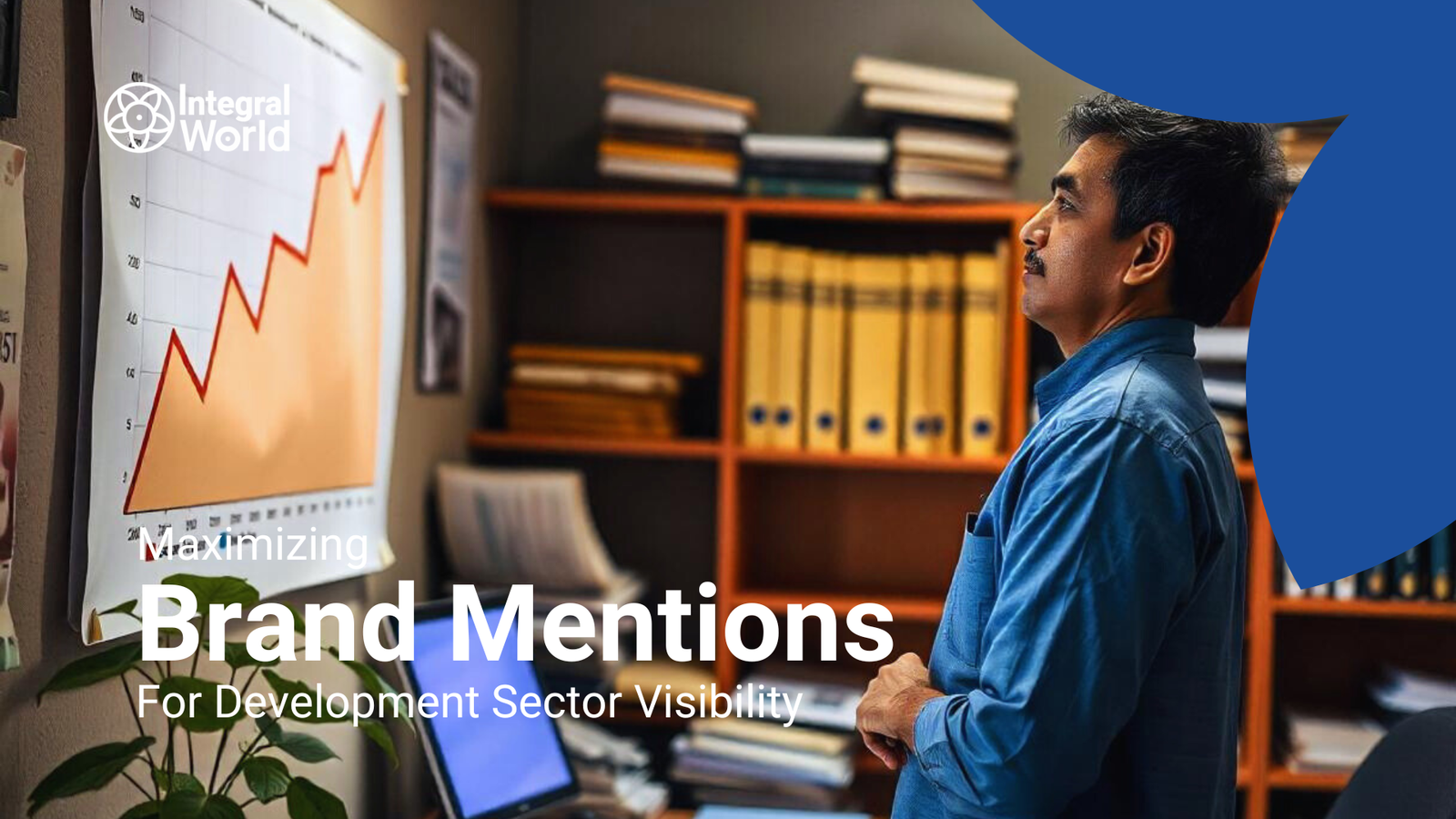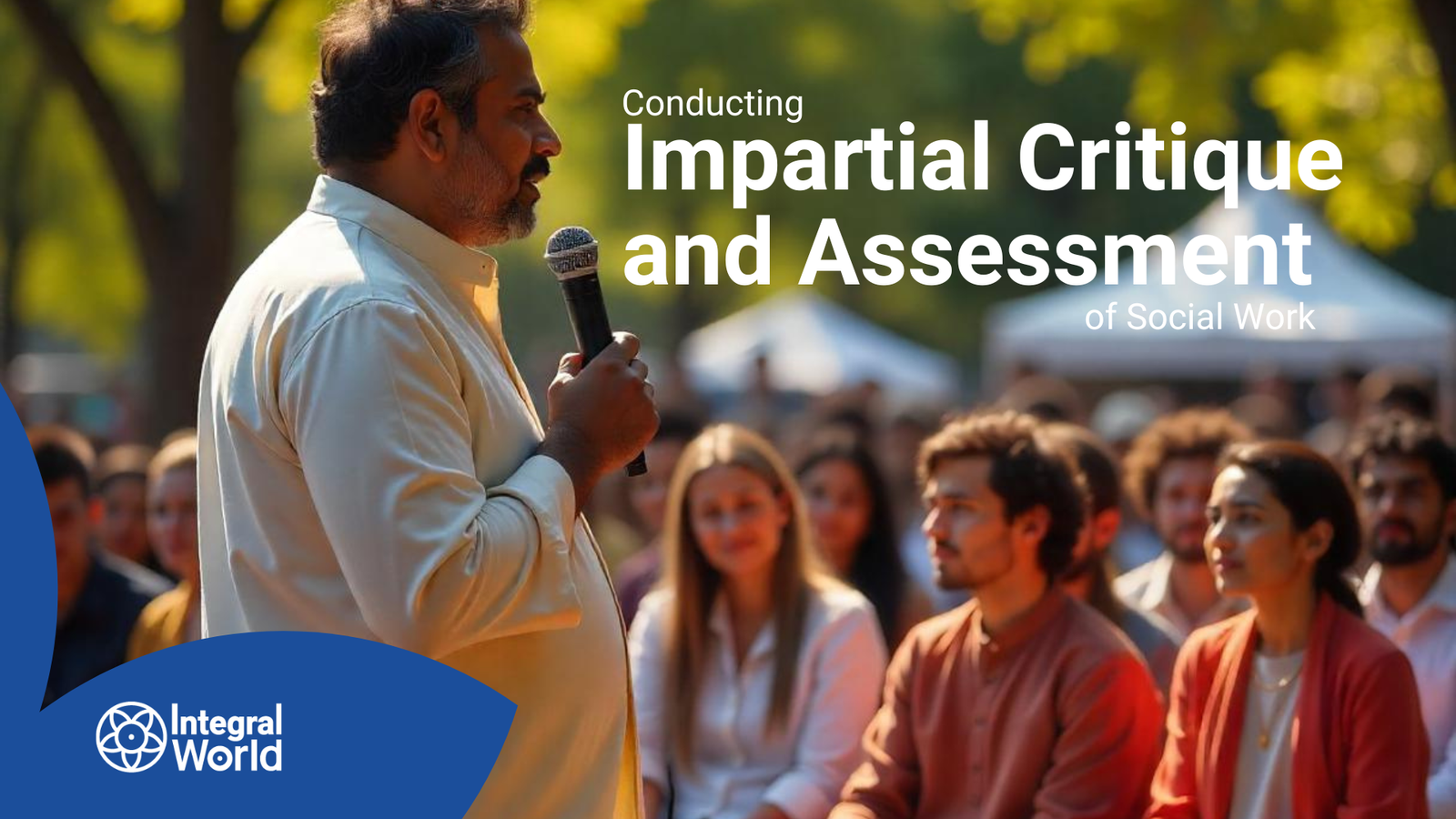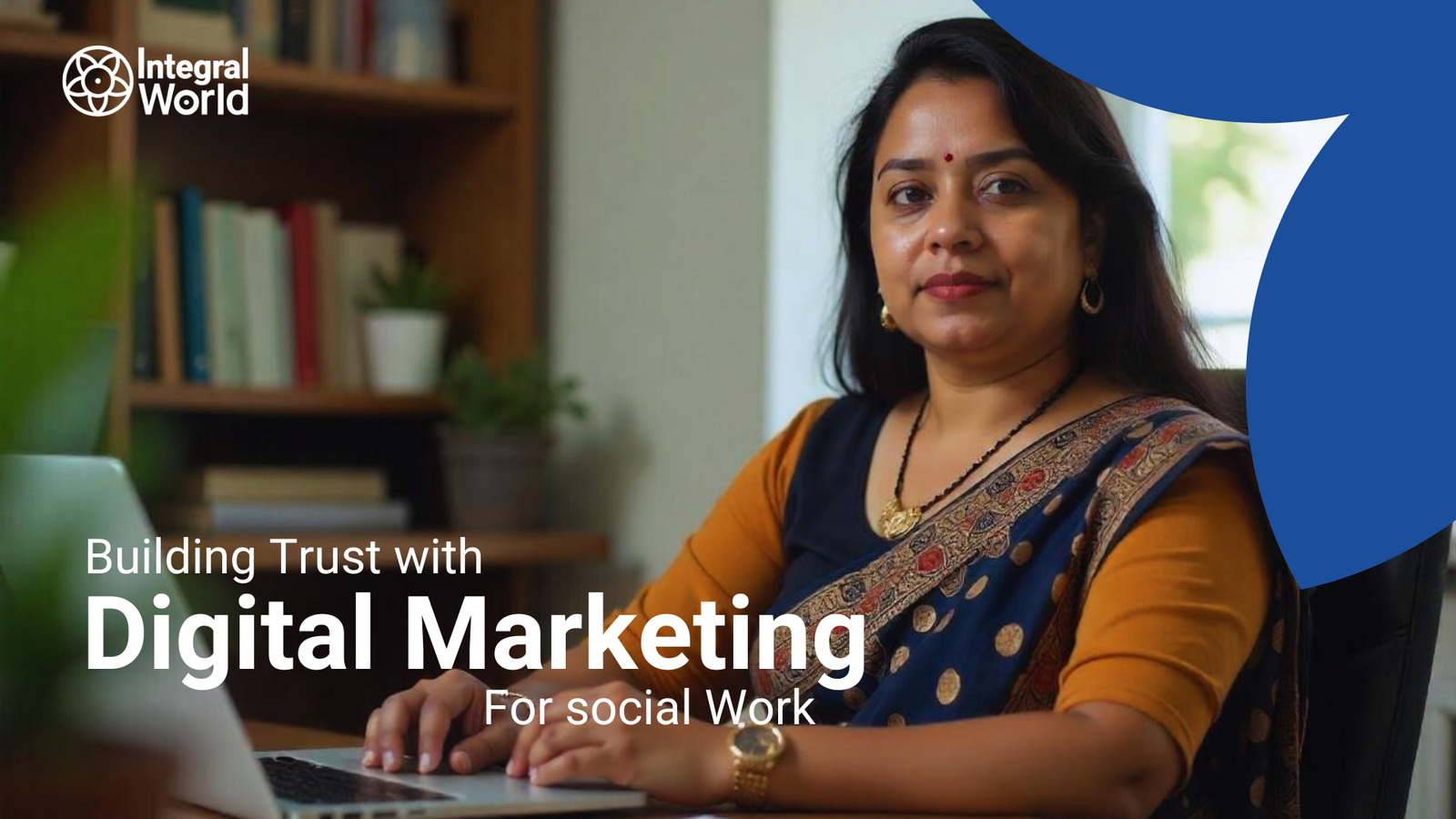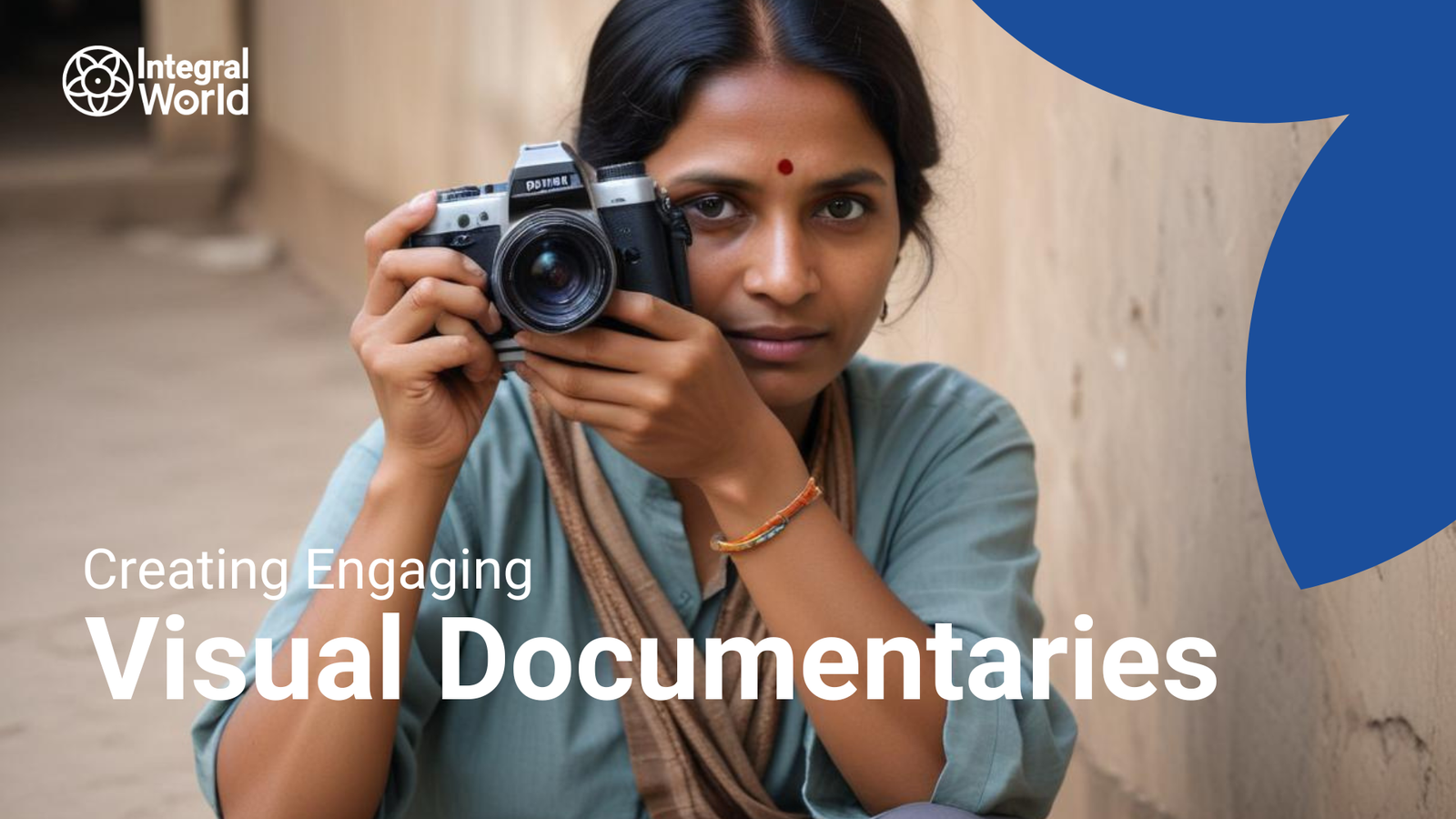Storytelling is a powerful tool for sustainable development. By documenting success stories and testimonials, Integral World can build trust, enhance credibility, and foster stakeholder engagement, showcasing their impact while staying ahead of emerging trends in this vital area.
Continue readingParticipating in Events to Promote Your Development Initiatives
Truthfulness is essential for non-profit success, fostering trust and credibility. At Integral World, we believe that genuine event participation strengthens connections, supports development goals, and drives positive change. This article explores practical ways to enhance impact through authenticity.
Continue readingMaximizing Brand Mentions for Development Sector Visibility
For non-profits, prioritizing visibility is essential to achieve impact and goals. Increasing authentic brand mentions can enhance trust, build credibility, and strengthen a non-profit’s presence, ultimately helping drive success in the competitive world of social impact initiatives.
Continue readingManaging Events For Development Initiatives
Authentic events are vital for non-profits to create meaningful impact. Discover how Integral World helps organizations build trust and boost participation with expert tips, real-world examples, and insights for effective event management that truly resonates with audiences.
Continue readingConducting Impartial Critique and Assessment of Social Work
Impartial critique and evaluation are vital for social work effectiveness and stakeholder trust in non-profits. This paper explores maintaining authenticity, leadership’s role in fostering an authentic culture, and offers practical guidelines for organizations to achieve and sustain authenticity.
Continue readingUtilizing Digital Reporting for Transparency
Digital reporting is essential for building trust and authenticity in non-profits. Integral World explores how transparency drives engagement, highlights successful examples, and provides practical advice on fostering an authentic culture, emphasizing the key role of leadership in the process
Continue readingBuilding Trust with Digital Marketing for Social Work
Social work organizations thrive when authenticity drives their digital marketing efforts, boosting trust, community engagement, and social impact.
Continue readingAnalyzing Your Organization’s Unique Value Proposition (USP)
Learn how non-profits can create a powerful USP to differentiate themselves, build credibility, foster authenticity, and drive meaningful impact.
Continue readingCreating Engaging Visual Documentaries
Authenticity is key for non-profits to build trust and impact. This article explores its role in storytelling and successful philanthropy.
Continue readingCreating Positive Donor Impressions through PR:
Learn how non-profits can build donor trust with authentic PR, real-life examples, and leadership tips from Integral World
Continue reading







